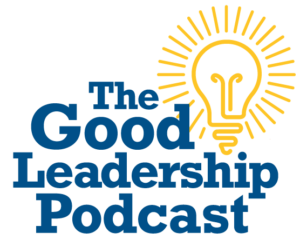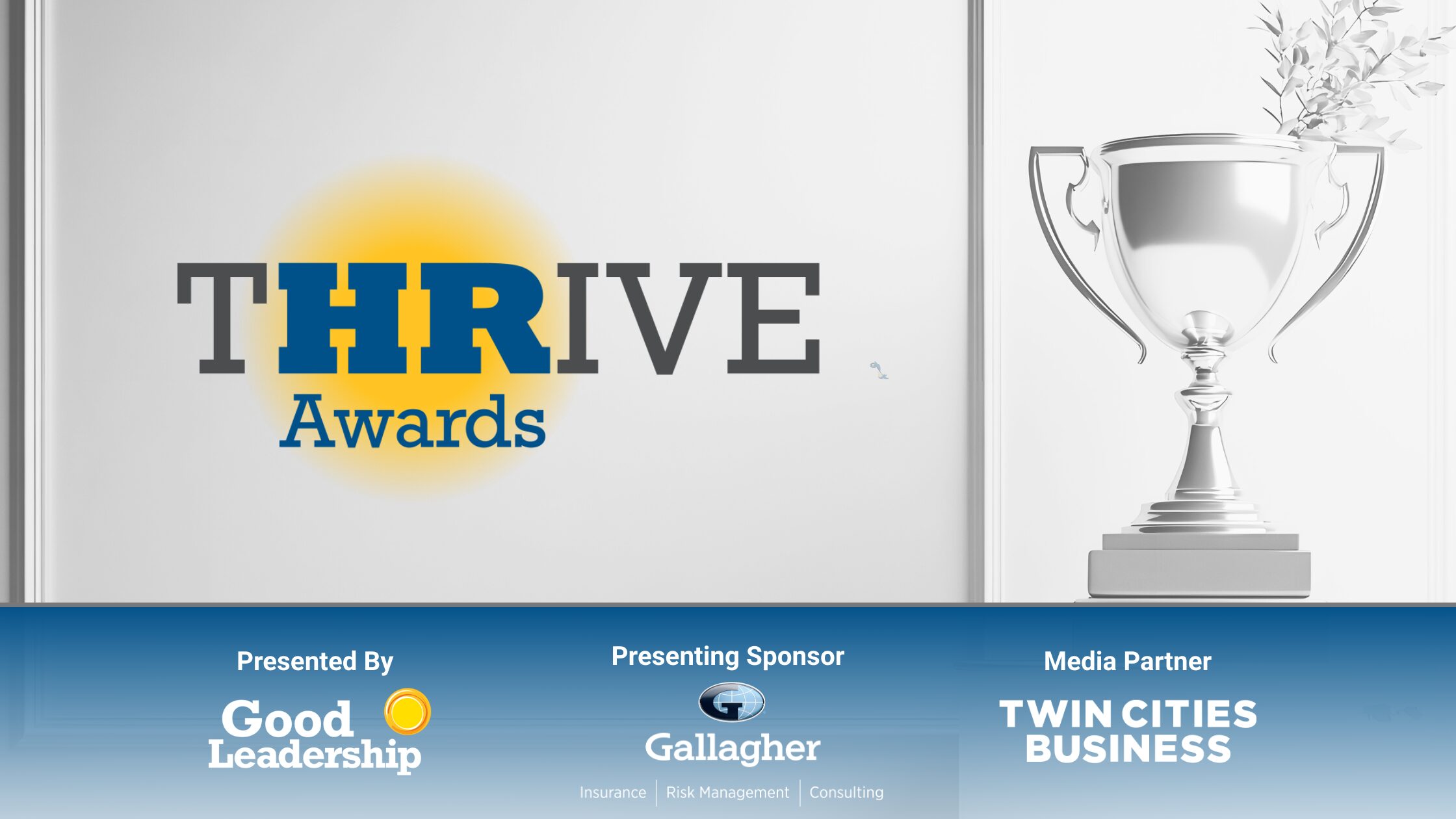

The Importance of Intentionality During Crises with Reckitt
Paul Batz

In this week’s episode of the Good Leadership Podcast, I had a stimulating conversation with Amy Cook, Global Talent Director at Reckitt, who is also an integral member of the Accountability Research Project Steering Team. The full episode can be found here.
Originally from South Africa, Amy has spent about 20 years in the United States and can currently be found at Reckitt, a global organization well-known for staple brands like Lysol and Airborne.
An Important Shift in Thinking
Understanding that accountability can no longer be seen as a fear-based concept, but rather as an opportunity for growth and learning is an important shift in thinking that is a part of the healthy accountability conversation.
Amy shared her journey from being an individual contributor to managing a team, and how she learned the importance of emphasizing positive reinforcement and celebrating successes. Reckitt’s focus on psychological safety, holistic employee well-being, and inclusivity has contributed to this shift and to her growth as a leader. Reckitt’s approach to talent acquisition and internal movements reflects this shift even further. “Having compassion in HR conversations as we’re practicing healthy accountability is really important – it’s not a one-or-the-other situation, but it’s a together situation,” Amy emphasized.
Accountability in Crisis
Reckitt lived through a landslide of crises during the COVID-19 pandemic with production shortages of disinfectants and baby formula. Reckitt’s commitment to doing the right thing played a crucial role during these crises. Amy noted that the organization focused on creating a cohesive movement towards accountability, balancing tension with positive momentum during this time.
Amy highlighted how Reckitt’s emphasis on responsibility and doing the right thing aligns with the organization’s drive for excellence. She highlighted the challenge of balancing accountability with respect, especially in a global organization. During the pandemic, Reckitt’s employees showed remarkable dedication, driven by a belief in the company’s mission to protect, heal, and nurture.
It’s sometimes easy to do the quickest and lowest-effort thing when we have a lot on our plate – especially in crises. Amy made the argument that a shift from a punitive to a positive model of accountability is crucial for creating a supportive and high-performing organization today.



